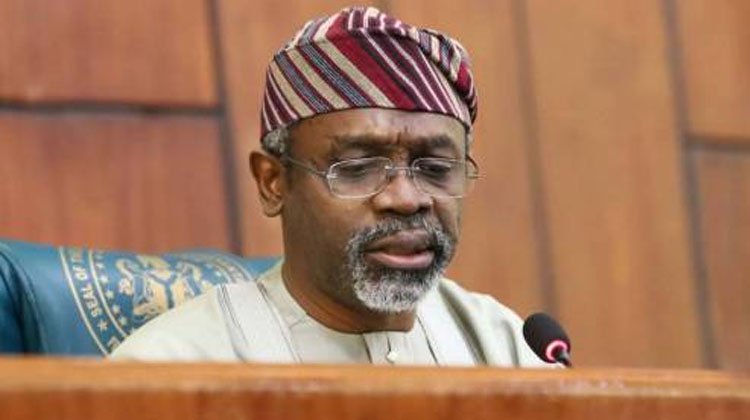
On December 28, 2022, the National Assembly passed the 2023 Appropriation Bill, the 2022 Supplementary Appropriation Bill and the Finance Bill 2022 and embarked on the break.
Gbajabiamila, in his opening remarks, particularly urged members of the House to continue to do the people’s work “despite the obligations and distractions of the political campaign season.” He said as the lawmakers approached the end of their term in office, he was hopeful that they would continue to meet and exceed expectations in the New Year.
He said, “Let us begin this new year with a renewed commitment to legislative action that brings us closer to achieving our highest aspirations for our nation. Let us resume with renewed determination to achieve better oversight of government spending priorities through a collaborative effort with the executive arm of government and civil society. And we remain dedicated to the lofty yet clear ambitions we articulated in our Legislative Agenda when we resumed in the 9th Assembly.”
The Speaker stressed the need for the House to focus its efforts on completing the tasks it had already initiated, and closing out the assignments on which the lawmakers’ legacy in the 9th House would be assessed.
“Several bills still in the legislative process need to be actioned as a matter of urgency, as these bills propose significant improvements across different sectors of our national life. Some of these bills are still in committee, while others are awaiting concurrence in the Senate. We will see to it that we conclude work on these bills so that they can be presented to Mr President during the life of this administration,” he said.
According to Gbajabiamila, one recurring criticism of the legislature in Nigeria has been the lack of continuity and the absence of tools and procedures for establishing an institutional memory. He noted that government is a continuum, as the actions of one administration will continue to impact the country long into the future.
He said, “As the democratic process leads to continuous personnel turnover, it is vital to have a system that allows future officeholders to understand the decisions made by their predecessors. In the executive arm of government, it is established practice to prepare handover notes.
“I wish today to propose to the House that we adopt this practice at the Committee level. The House Committee on Rules and Business will lead this effort by formulating guidelines to make this possible.”
The Speaker also noted that over the last few appropriation cycles, the dire conditions of national finance had required significant borrowing to finance government operations, sustain investments in infrastructure and national security as well as improve the living conditions of the Nigerian people.
“Just as the 9th Assembly has reformed the appropriations process to ensure timely budget passage, we also intend to leave a legacy of transparency and accountability as a standard for the future. Therefore, as part of preparing our reports, we must make a deliberate effort to give a complete account of our oversight activities in the 9th House of Representatives,” he added.





